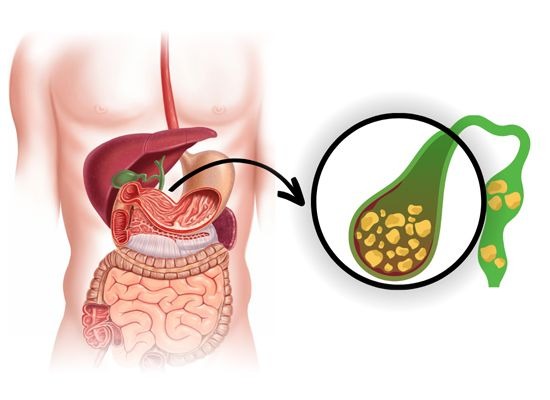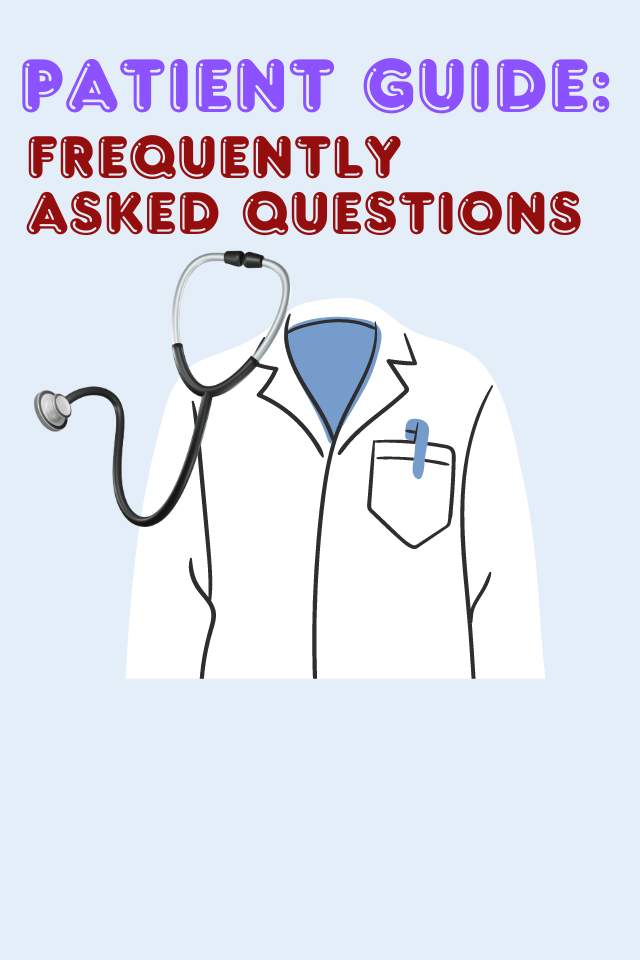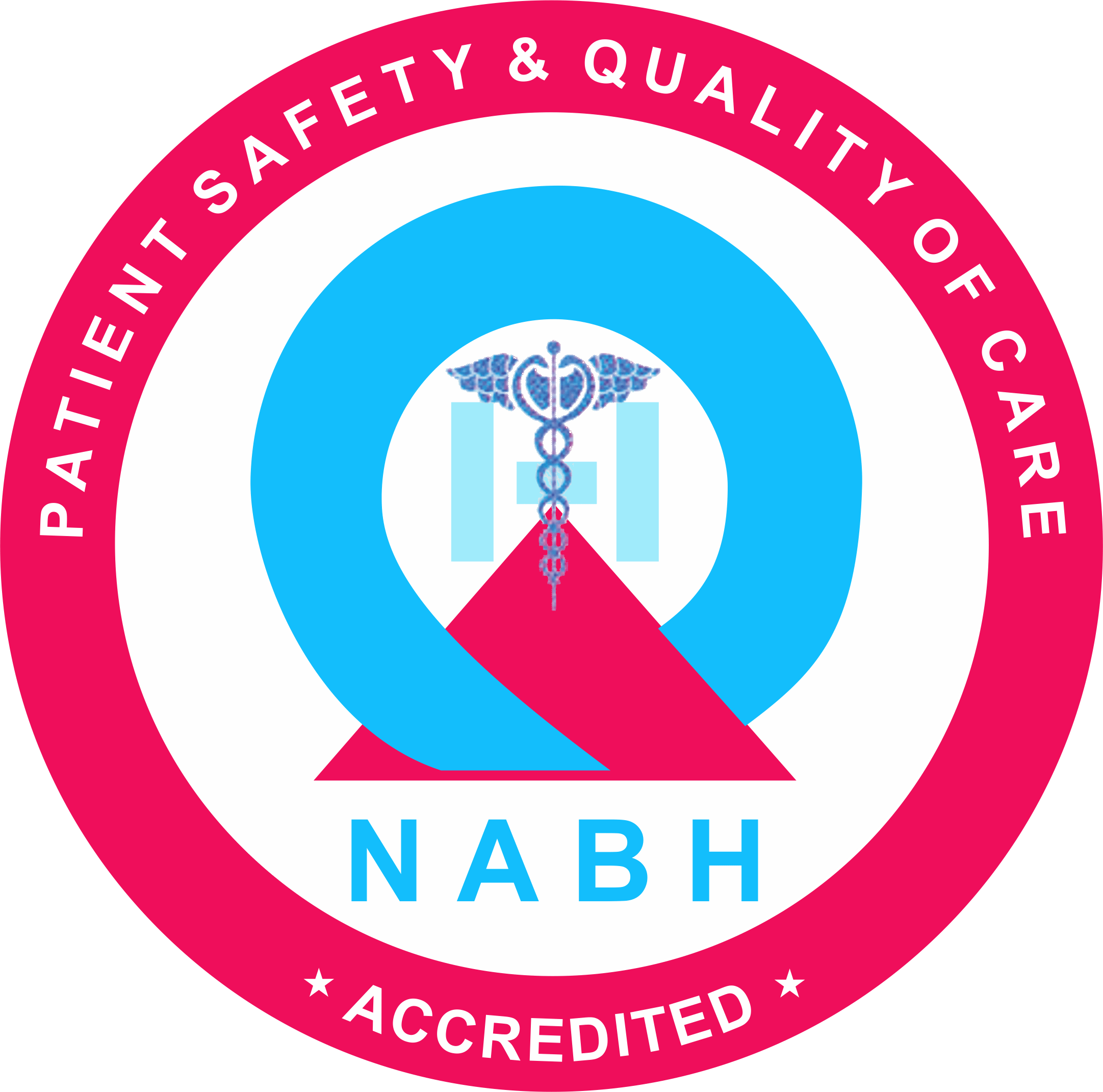General Surgery & Gastrointestinal Surgery
Gall Bladder Stones
Learn about symptoms, treatments, and preventive care for gall bladder stones. Our specialists are here to help you find relief.
Gall Bladder Stones
Gall Bladder stones are hardened, concentrated pieces of bile that form in gallbladder or bile ducts.
“Gall” means bile, so gall Bladder stones are bile stones. Your gallbladder is your bile bladder. It holds and stores bile for later use. Your liver makes bile, and your bile ducts carry it to the different organs in your biliary tract.

Gall Bladder stones (cholelithiasis) won’t necessarily cause any problems for you. Many individual have them and never know it. But gallstones can become dangerous if they start to travel through biliary tract and get stuck somewhere. They can clog up biliary tract, causing pain and serious complications.
The problem with gallstones is that they grow — slowly, but surely — as bile continues to wash over them and leave another layer of sediment. What begins as a sand grain can grow big enough to stop the flow of bile, especially if it gets into a narrow space, like a bile duct or the neck of your gallbladder.
Facilities Available
Experience modern healthcare with unparalleled comfort, convenience to ensure the best patient care and satisfaction.
Get a Quotation
Request a personalized quote for your healthcare needs quickly and easily. Contact us today for detailed pricing information.

What are gall Bladder Stones symptoms?
Gall Bladder stones generally don’t cause symptoms unless they get stuck and create a blockage. This blockage causes symptoms, most commonly upper abdominal pain and nausea. These may come and go, or they may come and stay. You might develop other symptoms if the blockage is severe or lasts a long time:
What is gall Bladder stone pain like?
Typical gall Bladder stone pain is sudden and severe and may make you sick to stomach. This is called a gall Bladder stone attack or gallbladder attack. You might feel it most severely after eating, when gallbladder contracts, creating more pressure in your biliary system. It might wake you from sleep.
Where is gall Bladder stone pain located?
Your biliary system is located in the upper right quadrant of abdomen, which is under your right ribcage. Mostly people feel gall bladder stone pain in this region. But sometimes, it can radiate to other areas also. Some people feel it in their right arm or shoulder or in their back between their shoulder blades.
What are the possible complications of having gall Bladder stones?
If a gall bladder stone blocks the flow of bile through your biliary system, it can affect any or all of the organs in that system. Bile that can’t flow backs up into bile ducts and organs, causing acute inflammation and encouraging bacterial infections. When severe, these conditions can become life-threatening.
What causes gall Bladder stones?
Gall bladder stones form when there’s an excess of one of the main ingredients in bile. The excess ingredient turns to sediment at the bottom of gallbladder or bile ducts, and the sediment gradually hardens into stones. Cholesterol stones are the most common type. Pigment (bilirubin) stones are the other.
Frequently Asked Questions
Common Questions
If you develop sudden stabbing pain in upper right abdomen or shoulder, especially after eating, you might be having a gallbladder attack. Seek medical attention right away. Don’t wait for it to go away because it might not. A healthcare provider can relieve your pain while confirming the cause.
You can’t pass gallstones in your pee, because there’s no way for gallstones to get into your urinary tract.
Gall bladder stones won’t go away without treatment. Gall bladder stones can sometimes come out in your poop, but it won’t be all of them.
After surgery, most people will never need treatment for gall bladder stones again. Complications are uncommon, but some people occur chronic diarrhoea. This is because bile now flows continuously to your intestines, instead of on demand. You can treat it with medications called bile acid binders.




